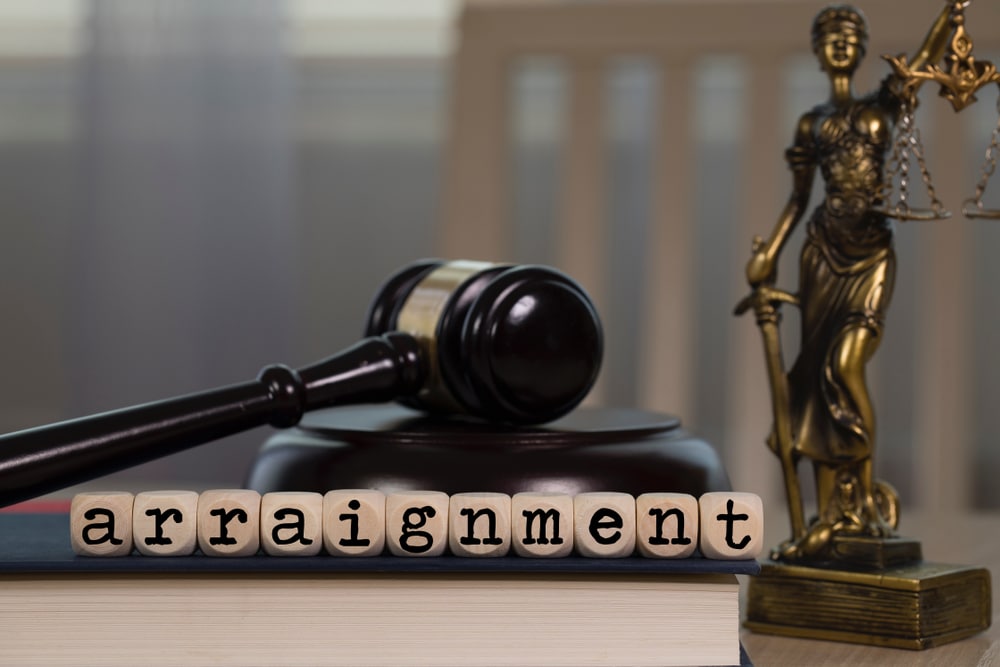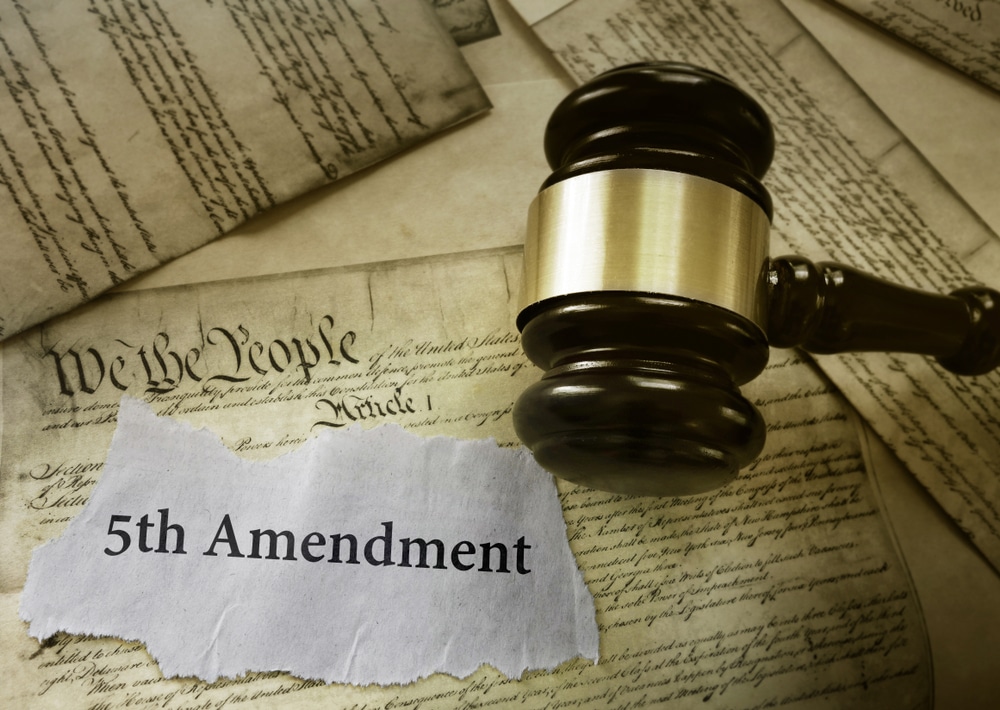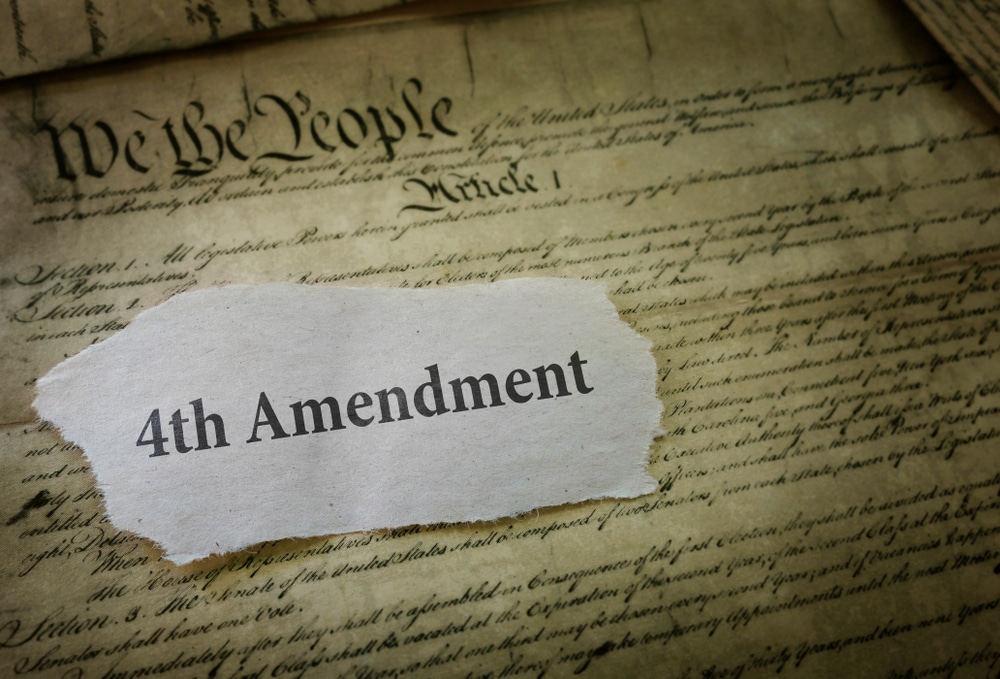A big question for many criminal defendants is whether they should take the witness stand. Particularly when the defendant is innocent, they often feel compelled to testify in order to tell the jury that they didn’t commit the crime with which they’ve been charged. But it’s not quite so simple. In some situations, testifying can work to a defendant’s advantage — in others, it can destroy their case.
Significantly, testifying at trial is a strategic decision that must be carefully considered. An attorney can best advise their client regarding the potential pros and cons of testifying based on the facts and circumstances of their specific case. More often than not, a criminal defense attorney will recommend that their client remain silent.
The Protections of the Fifth Amendment
In a criminal case, a defendant has the right to testify at trial — but they are not required to do so. The Fifth Amendment of the U.S. Constitution protects a defendant from self-incrimination — this includes the right not to testify at trial or respond to any questions posed by the prosecution or the judge. However, if a defendant opts to take the witness stand, their right to remain silent is considered to be waived.
It’s important to understand that whether a defendant testifies or not, it can’t be held against them. They are still presumed to be innocent unless the prosecution proves their case beyond a reasonable doubt — and the defendant is found guilty by a jury of their peers.
Deciding Whether to Testify at Trial
The decision of whether to testify ultimately remains with the defendant. But it’s crucial for a defendant to understand that no matter how much they think that they may be able to convince a jury of their innocence, the questions the prosecution may pose can be exceptionally difficult and confusing. One misstep is all it can take to make a defendant who is innocent appear to be guilty.
Three important factors that should be considered when determining whether a defendant should testify include the following:
- Whether the defendant has a prior criminal record — Although a prior criminal record is otherwise not admissible, it can come in if the prosecutor seeks to impeach the defendant while they are testifying.
- The defendant’s demeanor — The jury will be watching the defendant’s demeanor very closely as they testify. Specifically, they will be evaluating whether the defendant is likable and credible or cold and evasive.
- Whether the defendant performs well under stress — Testifying can be stressful, emotional, and overwhelming. Some people cannot perform well under such circumstances and become agitated or nervous. A jury may wrongfully interpret this behavior as a sign of the defendant’s guilt.
Testifying on the stand can humanize a defendant if the testimony is delivered honestly and credibly. However, it’s crucial to consider how much value it would bring to the case. Although a defendant’s testimony can sometimes win over the jury, more often than not, it serves to benefit the prosecution.
Contact an Experienced New York City Criminal Defense Attorney
Testifying at trial is a critical decision that should only be made after consulting with a knowledgeable criminal defense attorney. If you’ve been accused of a crime, it’s essential to have a skilled attorney who can protect your rights every step of the way. The criminal defense attorneys at D’Emilia Law offer high-quality legal services and dedicated counsel to those who have been charged with a wide variety of crimes in New York — and strive to obtain the most favorable outcomes in their cases. To schedule a consultation, contact us at 1-888-DEMILIA.











